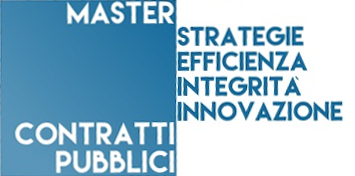What is HAPPI ?
HAPPI is a project aiming at linking European health public procurers to work together in order to detect and purchase innovative and sustainable solutions which will improve ageing well
“Ageing well” in health institutions is an area where innovation does not currently have a high profile, due to lack of promotion or lack of perceived value. Nonetheless, the stakes of ageing well are high, both for institutions and for manufacturers.
The HAPPI project therefore seeks to establish the conditions for health institutions throughout Europe to collaborate in the purchase of “ageing well” and health innovative products, services and solutions for the long term. In order to achieve this goal it brings together an original consortium of 10 partners from 6 Member States of the European Union.
The intention is to enlarge the Consortium further from its original 10 partners with any European public authority involved in healthcare procurement willing to orientate their purchasing strategy toward innovation. In 2013, two new procurement organisations from Spain and Austria joined the consortium!
The project is funded by the European Commission, DG Enterprise and Industry, within the framework of the Competitivity and Innovation Programme (CIP).
Healthy Ageing: a priority for Europe
As life expectancy is growing all over Europe, a Healthy Life Years (HLY) improvement is the main health goal for the European Union (EU). At present HLY at birth in the EU is, on average, 15 years shorter than overall life expectancy for men and 20 years shorter for women.
In 2010, 19% of the EU27 population was aged 65 and over and this is likely to rise to around 24% by 2030 (Source: EUROSTAT, EUROPOP2010 population projection).
The sick elderly are a greater financial commitment than their healthy counterparts.
When they have health troubles, elderly are accommodated in hospitals or nursing homes. This stay, however long it might be, is a really difficult moment of life. To “facilitate” their stay it is important to provide adapted equipment: bedding for people with disabilities, customized eating equipment for people with disabilities, incontinence products, or shower chairs for example. While using this equipment elderly should improve their overall health.
However, the main constraint of purchasing this equipment for hospitals or nursing homes is the cost. With a limited budget, hospitals must be aware of their expenses and spend must be considered in terms of the healthcare benefits it delivers.
Innovation can be a solution
To cover the needs of the elderly in terms of autonomy, dignity, mobility, health and well-being, hospitals and nursing homes have to hunt for innovation in order to control their expenses. To address this challenge, the HAPPI project brings together a consortium of Procurement organizations and experts of innovation to detect and assess innovative products or services that will support ageing well.
The project will focus on the procurement of existing innovation, meaning off-the-shelf solutions new to the market.



